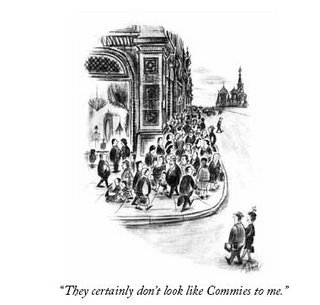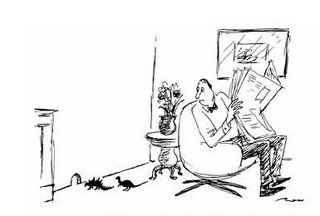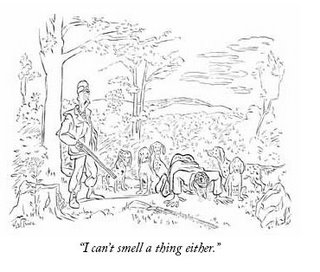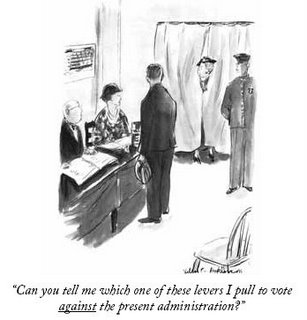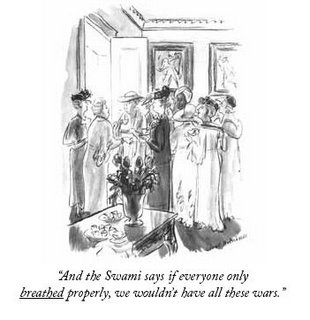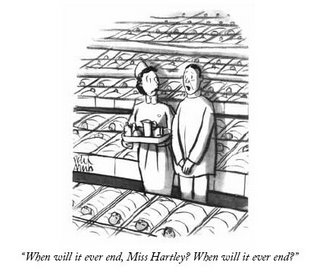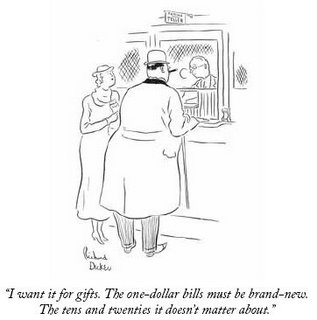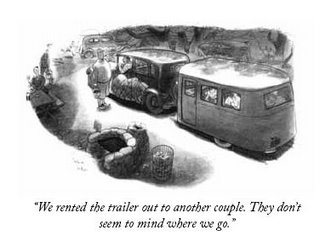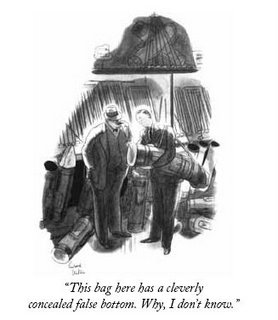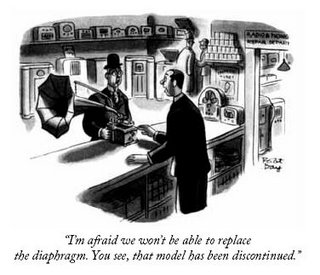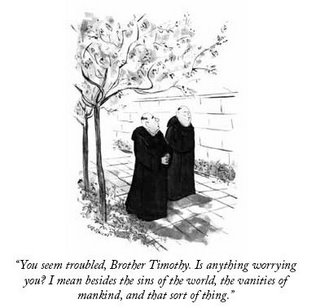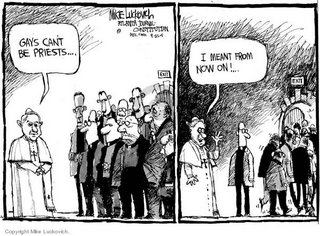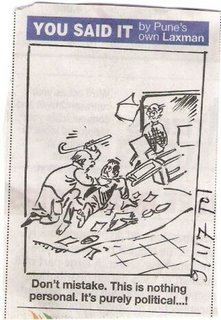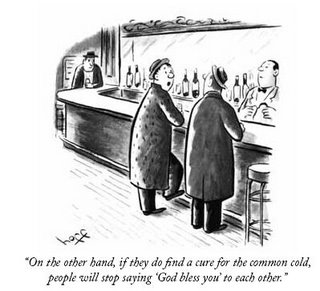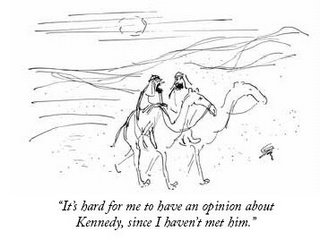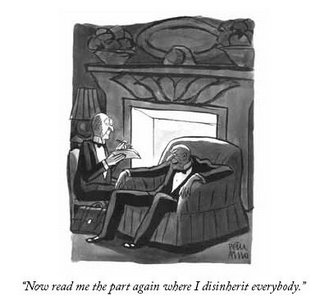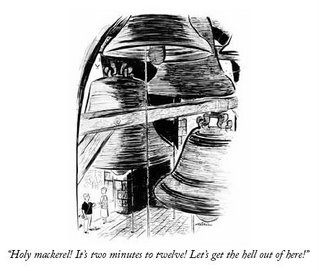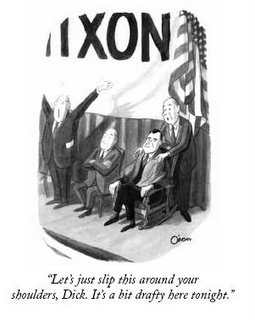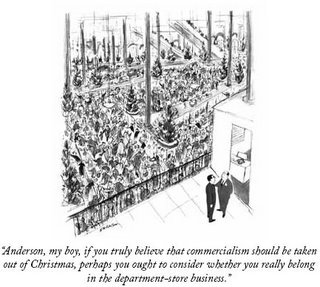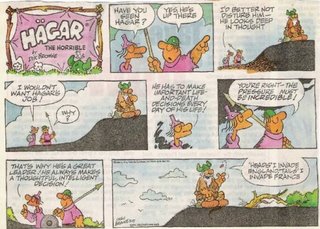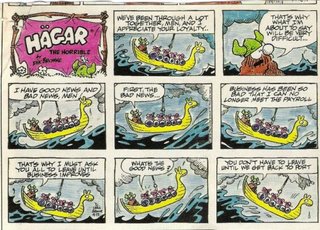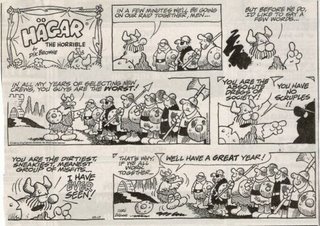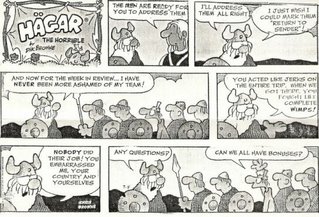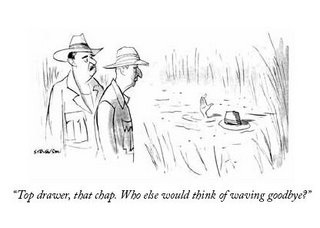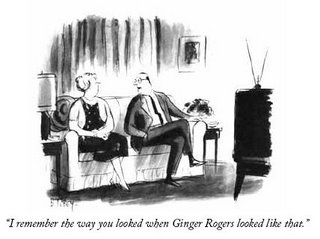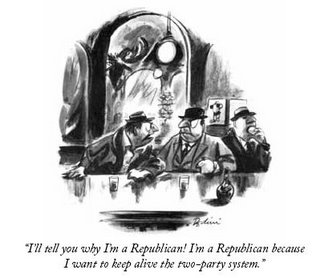Indian copyright laws were changed to enable Santiniketan to hold on to the rights of the literary works of Nobel laureate
Rabindranath Tagore longer- from 50 to 60 years after his death. Indian copyright law now deems that literary works of authors would come to thepublic domain 60 years after their death.
This change was outrageous and Tagore himself would have cried foul.
"
Jawaharlal Nehru's literary works, turned over toprivate publishers last year (1994), have emerged bestsellers. And the books,re-born with a more stylish and contemporary look, are bringing rich returnsfor their two main royalty owners - his great grandchildren
Rahul and Priyanka Gandhi. The copyrights of Nehru's writings, published for decades by OxfordUniversity Press and the National Book Trust and funded by Jawaharlal NehruMemorial Fund and Children's Book Trust, were handed over last year to Penguin India Ltd. So the Gandhi siblings will continue to get 10-15 percent royalty on the sales of these books till 2024. "
The Economist (Apr 15th 2004 ) : "Copyright was originally designed to restrict publishers from exerting too much control over information; today it constrains individuals from creating new works".
Lessig says: ".....we come from a tradition of “free culture”—not “free” as in “free beer” (to borrow a phrase from the founder of the freesoftware movement2), but “free” as in “free speech,” “free markets,” “free trade,” “free enterprise,” “free will,” and “free elections.”
A free culture supports and protects creators and innovators. It does this directly by granting intellectual property rights. But it does so indirectly by limiting the reach of those rights, to guarantee that follow-on creators and innovators remain as free as possible from the control of the past. A free culture is not a culture without property, just as a free market is not a market in which everything is free. The opposite of a free culture is a “permission culture”—a culture in which creators get to create only with the permission of the powerful, or of creators from the past."
In his famous book "Free Culture" he says: ".......the free culture that I defend in this book is a balance between anarchy and control. A free culture, like a free market, is filled with property. It is filled with rules of property and contract that get enforced by the state. But just as a free market is perverted if its property becomes feudal, so too can a free culture be queered by extremism in the property rights that define it. That is what I fear about our culture
today. It is against that extremism that this book is written."
Therefore, let Bible be Bible first and then S&S publication!
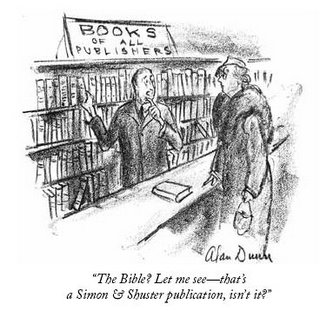
Artist :
Alan Dunn Publication: The New Yorker 31 Oct1936
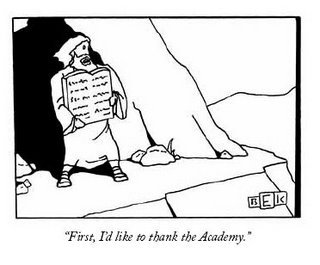 Artist : Bruce Erik Kaplan The New Yorker 21 Mar 1994
Artist : Bruce Erik Kaplan The New Yorker 21 Mar 1994
